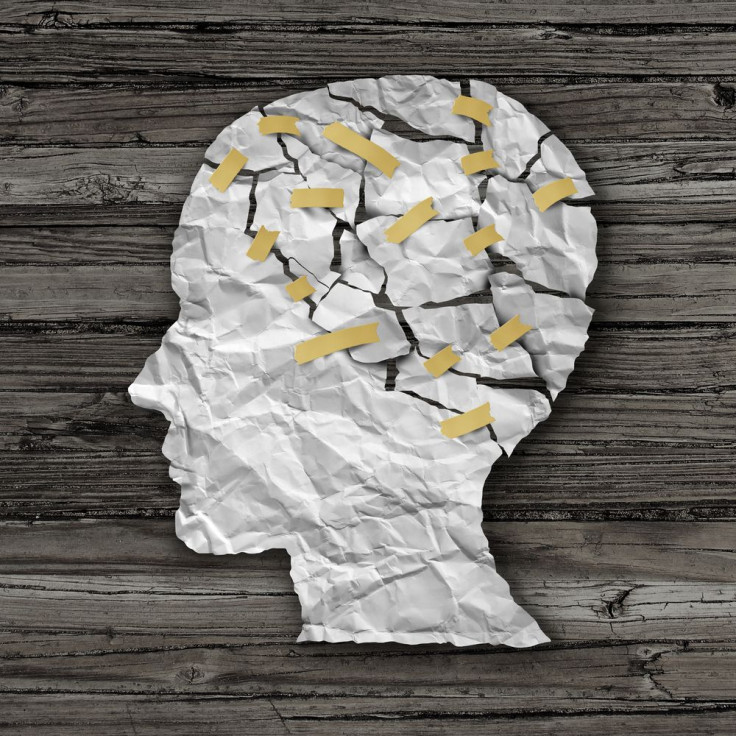For People With Alzheimer's Disease And Dementia, Identity Is Defined More By Moral Behavior Than Personality

It is our moral behavior that is the most important indicator of our identity as we get older and our minds degenerate — more so than memory loss or any other kind of personality change, according to a new study published in Psychological Science.
Researchers from the University of Arizona studied 248 participants who had family members suffering from neurodegenerative diseases, including amyotrophic lateral sclerosis (ALS), frontotemporal dementia, and Alzheimer’s. Frontotemporal dementia is a disease that changes frontal lobe function, affecting regions associated with moral behavior — these changes also emerge with Alzheimer’s, but later on in the disease’s progression. ALS, meanwhile, is commonly associated with the loss of motor control.
The participants were asked about the severity of symptoms for their partner’s conditions (ranging from none to severe), as well as how much the conditions affected their relationships since symptoms of the disease began to appear. They found that Alzheimer’s disease and frontotemporal dementia altered a person’s identity more than ALS, with the latter causing the greatest disruptions. According to the study, no other symptoms, such as depression, amnesia, or changes in personality had as much of an impact on identity change as moral traits did.
“Contrary to what you might think, and what generations of philosophers and psychologists have assumed, memory loss itself doesn’t make someone seem like a different person,” said Nina Strohminger, lead researcher and postdoctoral fellow at the Yale School of Management, in a statement. “Nor do most other factors, such as personality change, loss of higher-level cognition, depression, or the ability to function in daily activities.”
Interestingly, the level to which participants felt their relationships with the patients had deteriorated affected how they perceived the patients’ identities — this also correlated with the severity of change in moral traits. This was important, Strohminger said, because “continuing to see a loved one as the same person they’ve always been is crucial to the health of the social bond.”
An estimated 36 million people around the world live with some form of neurodegenerative disease. according to the Alzheimer’s Association. The findings of this study can provide insight into a way to target treatments for moral dysfunction, rather than, say, motor skills, for people with neurodegenerative diseases.
“Most of us know someone with neurodegenerative disease or some form of cognitive decline,” Strohminger said. “Whether a loved one’s self disappears or persists through the progression of this condition depends very much on which parts of the mind are affected.”
Source: Strohminger N, Nichols S. Neurodegeneration and Identity. Psychological Science. 2015.
Published by Medicaldaily.com



























